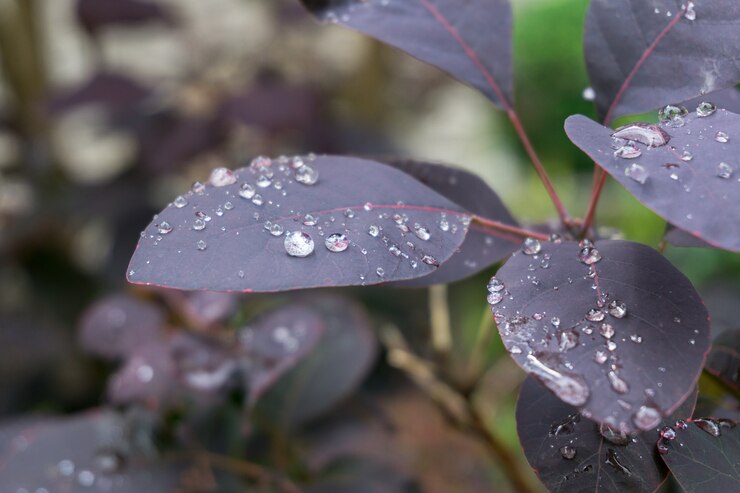Rain gardens offer numerous environmental benefits, making them a popular choice for eco-conscious Seattle homeowners. These gardens, designed to capture and filter stormwater runoff, play a significant role in reducing pollution, promoting biodiversity, and conserving water. Here’s how rain gardens help Seattle’s ecosystem thrive:
1. Reducing Stormwater Runoff and Pollution In urban areas like Seattle, impervious surfaces such as roads, rooftops, and sidewalks prevent rainwater from naturally soaking into the ground. This creates excess stormwater runoff that can overwhelm the city’s drainage systems, leading to flooding and the pollution of nearby waterways. Rain gardens help mitigate this by capturing and absorbing rainwater, filtering it through the soil, and reducing the amount of runoff that reaches storm drains. As water flows through the garden, it is naturally filtered, with plants and soil trapping pollutants like oils, chemicals, and heavy metals. This process significantly improves the water quality of local rivers, lakes, and Puget Sound.
2. Supporting Local Wildlife and Promoting Biodiversity Rain gardens are an excellent way to support Seattle’s local ecosystem. By using native plants, rain gardens create habitats for birds, butterflies, bees, and other pollinators that are crucial to maintaining biodiversity. Pollinators play a vital role in the health of plants, trees, and food crops. Moreover, rain gardens provide shelter and food for various insects and small animals, creating a small but important wildlife refuge in urban environments. Planting a diverse range of native species in your rain garden ensures that you support a wide variety of wildlife year-round.
3. Preventing Soil Erosion Heavy rain can lead to soil erosion, especially on slopes and areas with poor drainage. Rain gardens help reduce erosion by slowing down the flow of water, allowing it to soak into the ground rather than washing away topsoil. By stabilizing the soil, rain gardens protect the health of your landscape and reduce sedimentation in nearby waterways, which can be harmful to aquatic life.
4. Conserving Water Seattle may be known for its rainy weather, but even here, water conservation is important. Rain gardens reduce the need for supplemental watering by capturing and storing rainwater, which is then used by plants during dry periods. The strategic placement of native plants ensures that your garden thrives with minimal additional watering, helping you conserve this valuable resource while still enjoying a lush, vibrant landscape.
5. Improving Air Quality and Reducing the Urban Heat Island Effect Rain gardens contribute to better air quality by absorbing carbon dioxide and releasing oxygen, just like any other green space. Additionally, the plants in rain gardens help trap dust and pollutants from the air. By adding more greenery to urban areas, rain gardens also combat the “urban heat island effect,” which occurs when cities become significantly warmer than surrounding rural areas due to heat-absorbing surfaces like asphalt. The vegetation in rain gardens cools the air and provides shade, reducing the overall temperature and creating a more comfortable living environment.
Rain gardens are more than just an attractive landscape feature—they are a powerful tool for enhancing Seattle’s environment. By installing a rain garden, you’re not only beautifying your property but also making a positive impact on the local ecosystem.
